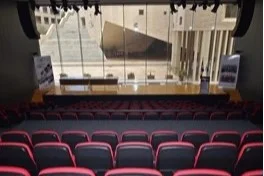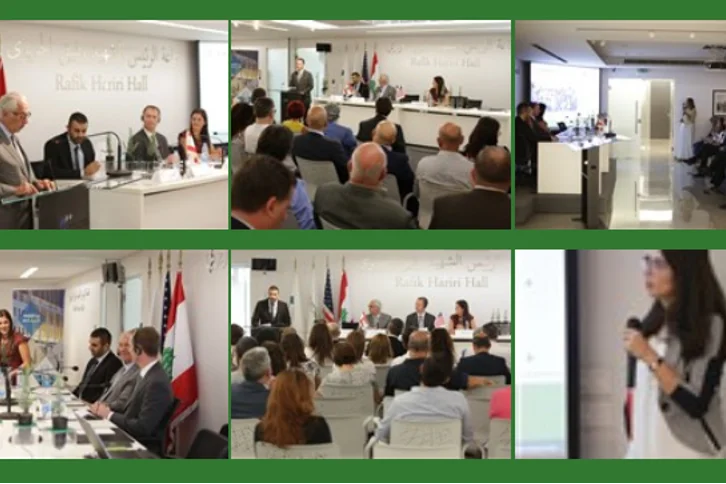Water efficiency, productivity and sustainability in the NENA regions (WEPS-NENA)

In Lebanon, the WEPS project is implemented in collaboration with the Ministry of Energy and Water and the Ministry of Agriculture, and is guided by the multidisciplinary team of the water scarcity initiative that gather key stakeholders interested in water issues.
Background
The Near East and North Africa Region (NENA) will be exposed in the coming decades to chronic shortages of water and will face severe intensification of water scarcity. Despite its relatively abundant water resources, with an average of 8.6 bm3 per year in normal years, of which half is made available, the case of Lebanon exemplifies many of the issues facing the wider NENA region. Consequently, its water sector faces many challenges. The most pressing are increasing water demand driven by population growth, rapid urbanization, the expansion of agricultural activities; and water pollution caused by several different contaminants, including human waste. Pressure on water resources is exacerbated by the 1.5 million displaced Syrians in Lebanon and adding to the wider demand for resources (UNHCR). The agriculture sector is the first consumer of water with around 55 to 60 percent of the utilized water allocated. The agricultural census carried out by the Ministry of Agriculture, showed that around half (113 000 ha) of the total cultivated area (231 000 ha) in Lebanon is irrigated. According to the Ministry of Energy and Water, 90 000 ha are equipped with medium to large-scale irrigation schemes (perimeters). In addition, with the different scenarios envisaged in relation to the intermittence of drought and precipitation years, projections show that 140 000 ha will be equipped with irrigation schemes and consequently irrigated by 2030 (+55 percent from current figures).
The project “Implementing the 2030 Agenda for water efficiency/ productivity and water sustainability in Near East and North Africa (NENA) countries” contributes to the Regional water scarcity initiative and is followed-up in Lebanon by the project national coordinator, the focal points of the Ministry of Agriculture and the Ministry of Energy and Water. The overall goal of the project is to pursue water and food security for sustainable development in an environment of mounting water scarcity and climate-related risks. The project is in line with the following national strategies: the Ministry of Agriculture strategy and the Ministry of Energy and Water strategy. In addition, the project fits within the FAO Lebanon’s Country Programming framework (CPF) with the output related to “initiatives for sustainable land, forest and water management in response to Climate Change”. It tackles more specifically the “contribution to the improvement of sustainable and integrated water management practices in addition to improving water efficiency and water productivity in the agriculture sector.
 Algeria
Algeria Bahrain
Bahrain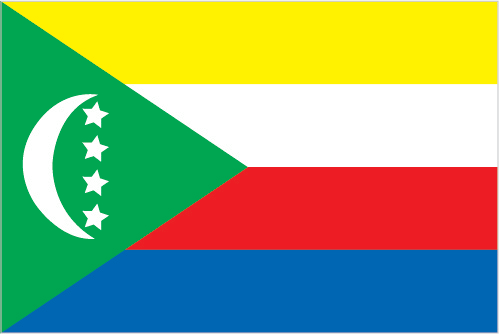 Comoros
Comoros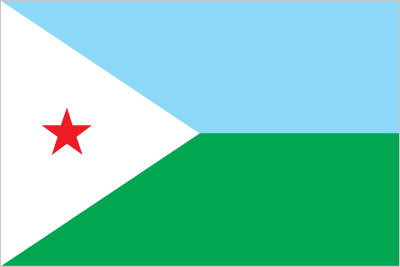 Djibouti
Djibouti Egypt
Egypt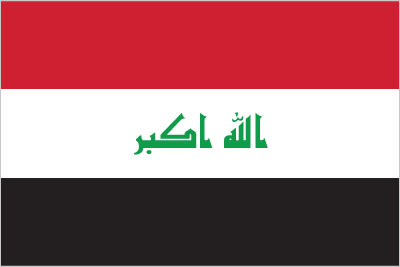 Iraq
Iraq Jordan
Jordan Kuwait
Kuwait Lebanon
Lebanon Libya
Libya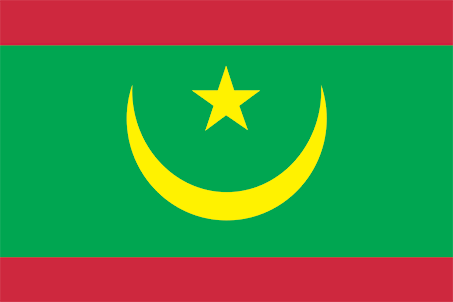 Mauritania
Mauritania Morocco
Morocco Oman
Oman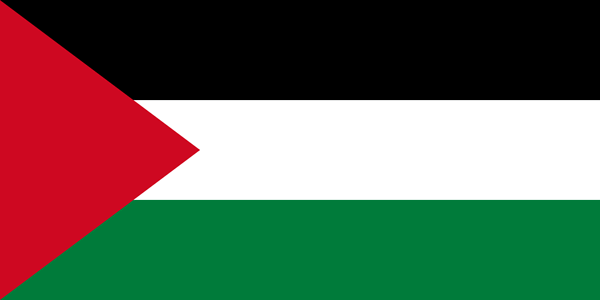 Palestine
Palestine Qatar
Qatar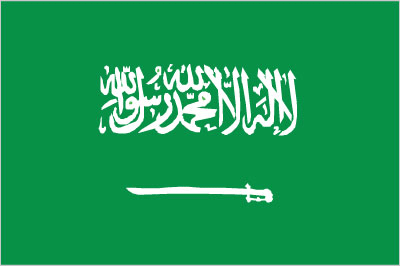 Saudi Arabia
Saudi Arabia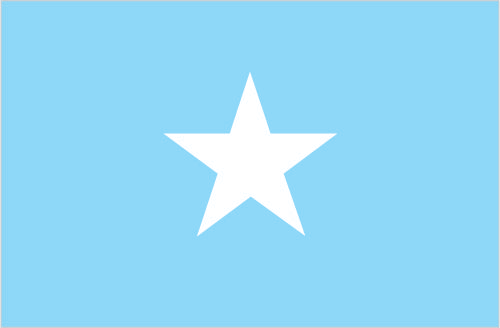 Somalia
Somalia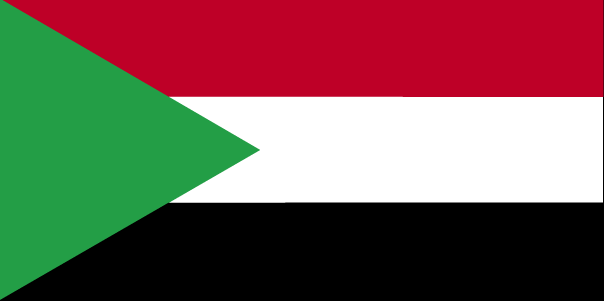 Sudan
Sudan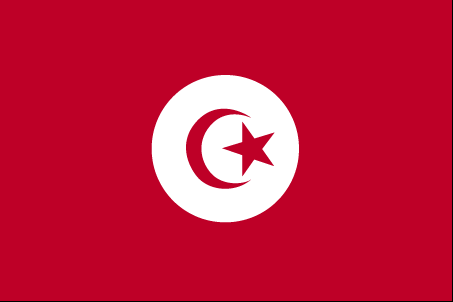 Tunisia
Tunisia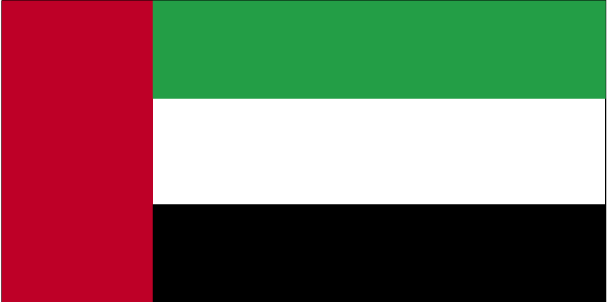 UAE
UAE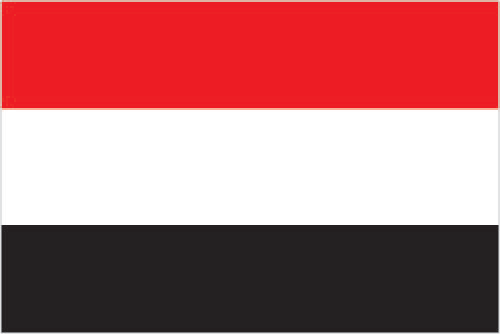 Yemen
Yemen